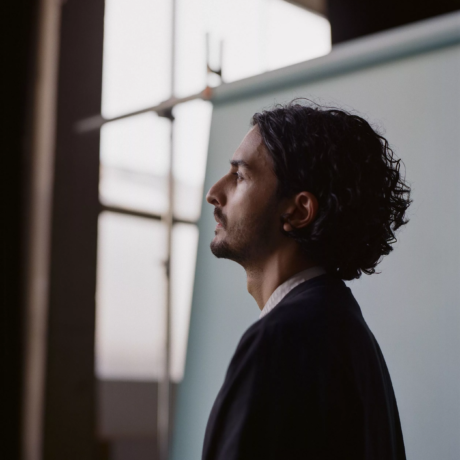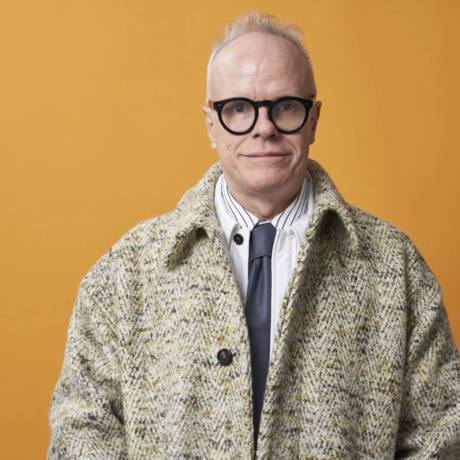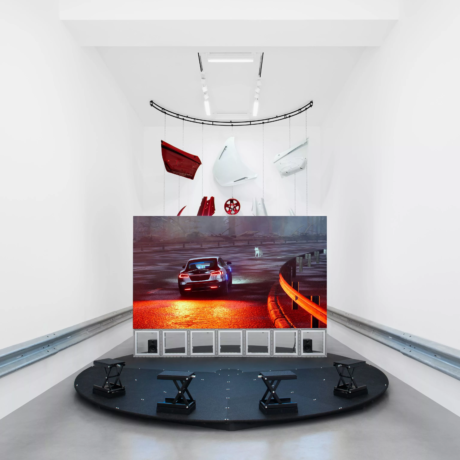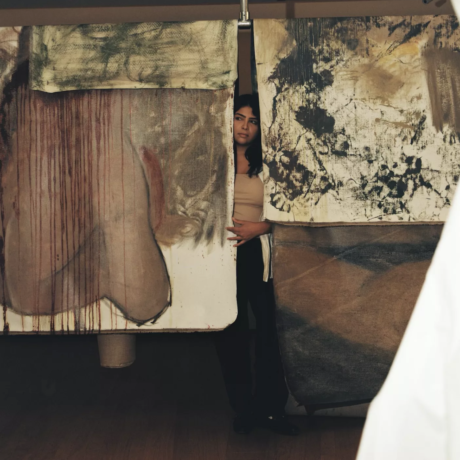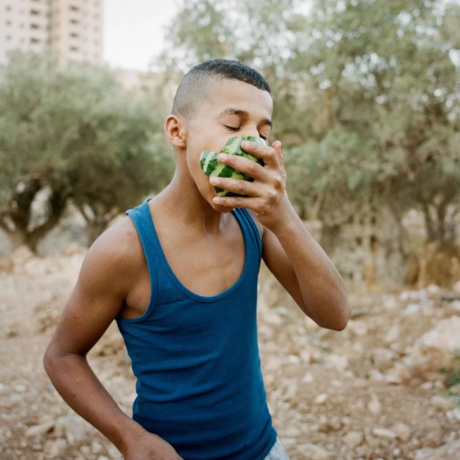
The Frieze x Deutsche Bank Emerging Curators Fellowship will return for its fifth edition in 2024, this time in partnership with Birmingham’s Ikon Gallery. It will be awarded to one early career Black or person of colour (POC) curator, presenting an opportunity to gain paid hands-on experience working in a leading arts institution. Previous iterations have been delivered in partnership with Chisenhale Gallery, Baltic Centre for Contemporary Art, V&A East and the Whitworth. The fellowship was inaugurated in 2020, shortly after Eva Langret, Director of Frieze London, joined the company. She explains that “the fellowship aims to drive change at a structural and institutional level, supporting fresh perspectives and innovative curatorial practices while fostering a new generation of curators who can bring diverse and dynamic voices to the fore.”
Among those who joined Langret on this year’s host institution selection panel was Kinnari Saraiya, the 2021 Frieze x Deutsche Bank Emerging Fellow. Following her fellowship at Baltic Centre for Contemporary Art she stayed on at the centre, taking up a role as Assistant Curator. This year, she accepted a curatorial role at Somerset House. Speaking to Frieze in 2022, she said that the fellowship “provided me with a lot of confidence as a person and has enabled me to take the next step.”
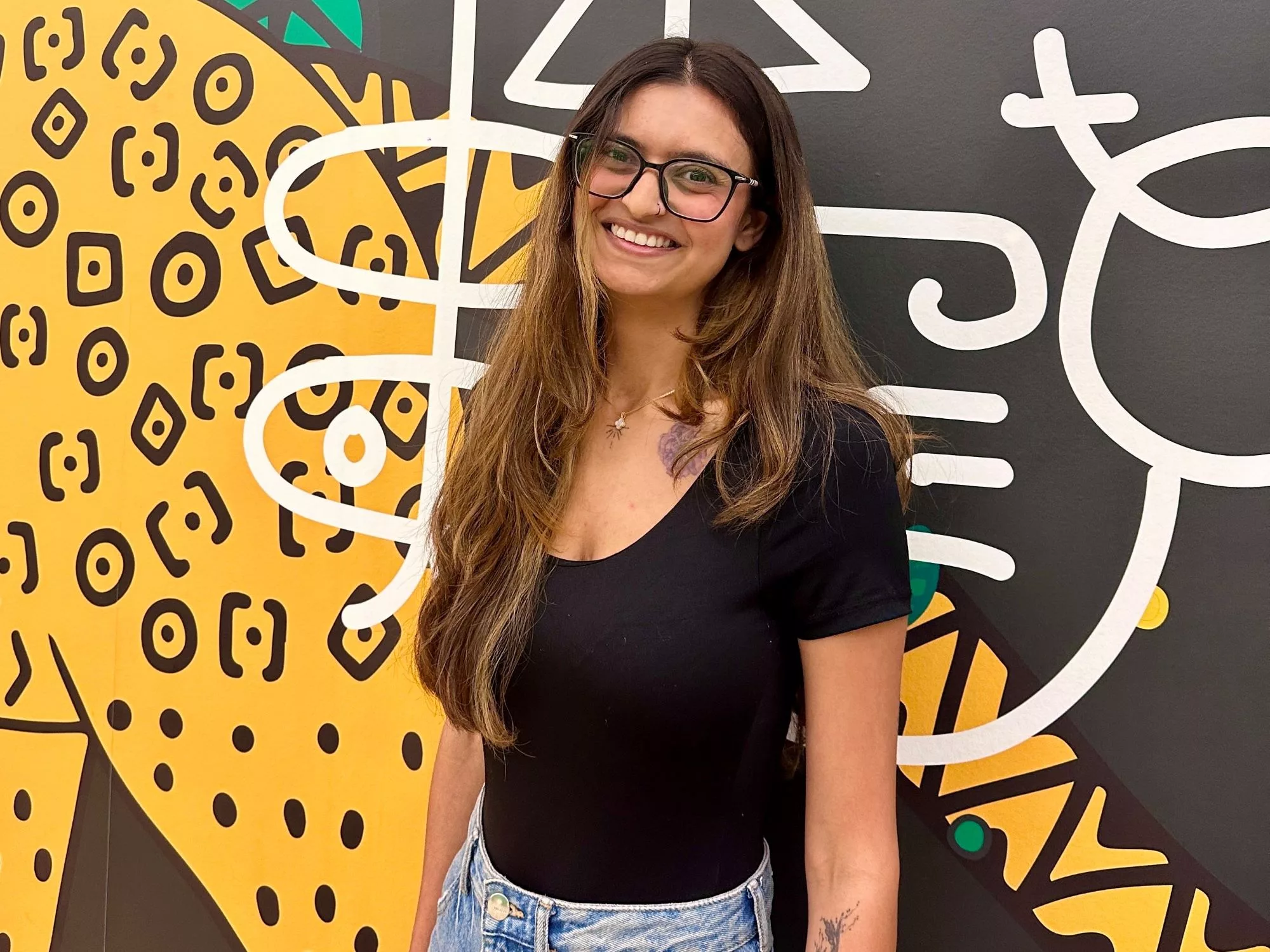
Ikon Gallery, which was selected to host the incoming fellow following an open call, is a public gallery situated in Birmingham’s city centre. Of the five host galleries to date, it is the third to be located outside of London. The gallery will receive a £45,000 grant to cover the costs of the fellowship. Artistic Director, Exhibitions Melanie Pocock says “our location in Birmingham – one of the first super-diverse cities in the UK – provides a culturally rich and dynamic context for the fellow to develop their skills and practice across exhibition making, public and collaborative programming.”
Celebrating its 60th anniversary this year, the gallery has hosted exhibitions featuring artists including Judy Watson, Edward Lear and Matthew Krishanu, whose current solo show at Camden Art Centre opened to a positive reception late last month. Its programme also includes collaborations with local schools and HMP Grendon. The future of Birmingham’s art institutions is uncertain — the city’s council plans to make £300m of cuts in the next two years — but Ikon’s outlook remains positive, its director Ian Hyde having recently told The Art Newspaper “we are determined to stay open and free for everyone.”
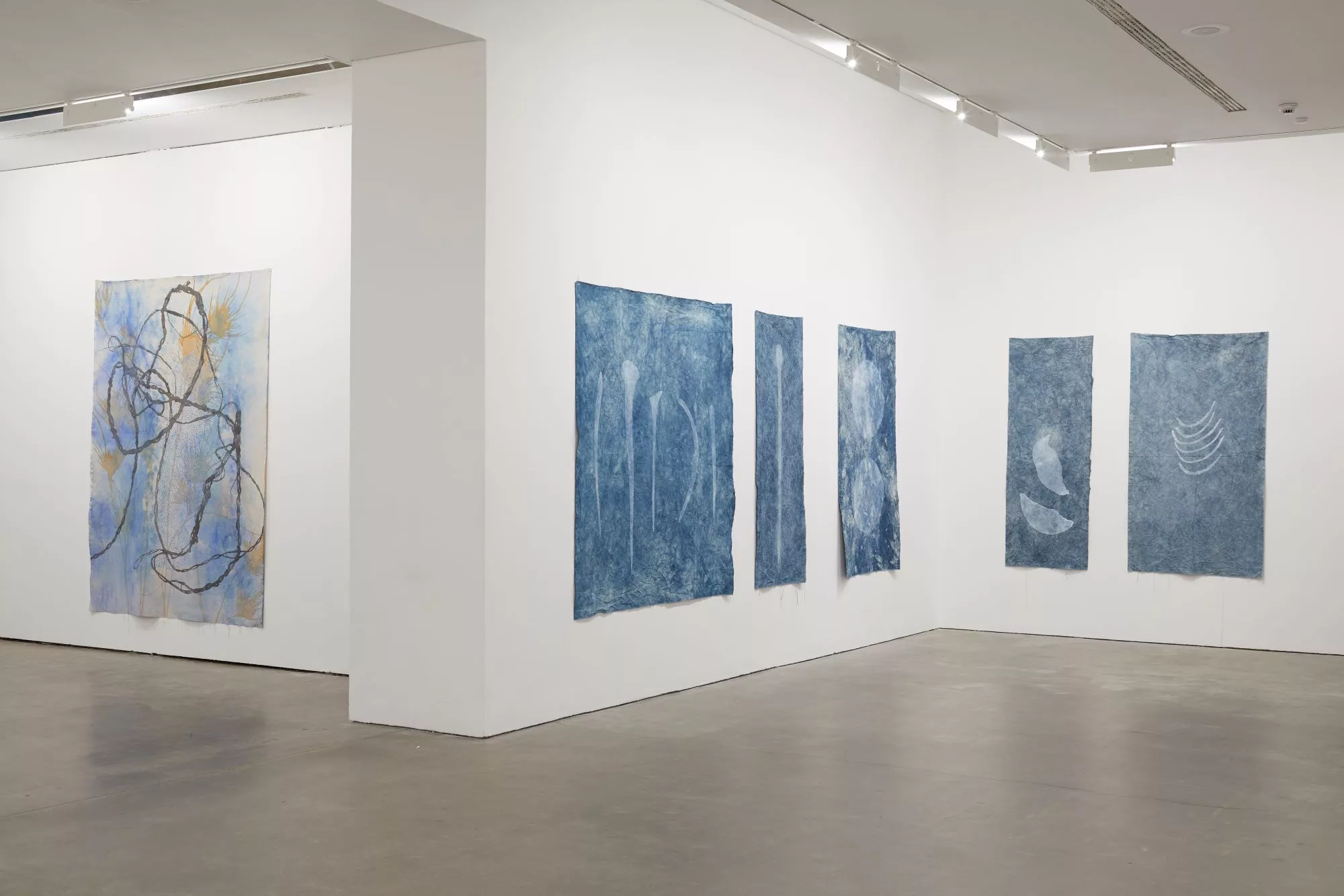
The art world is rife with imbalances. While its commercial side — galleries, fairs, auction houses — doesn’t seem to have cash flow issues, there rarely appears to be enough money available to fund viable early career paths. An aspiring curator’s path into fulfilling work is rarely an easy one. Particularly within public institutions, it’s a job market with more applicants than roles, beset on all sides by unpaid internships and the constant threat of funding cuts.
The Emerging Curators Fellowship is one of a few initiatives conceived to address this imbalance. For example, New Curators, launched in 2023, is a paid curatorial traineeship for aspiring curators from lower socio-economic backgrounds and the Stanley Picker Traineeship offers recent graduates a part-time placement at independent contemporary art space Matt’s Gallery. Black and POC curators, for whom existing barriers to entering the art world are compounded by institutional racism, experience this lack of opportunity all the more acutely. The Emerging Curator’s Fellowship is open exclusively to applicants from these backgrounds, aiming to redress this second imbalance.
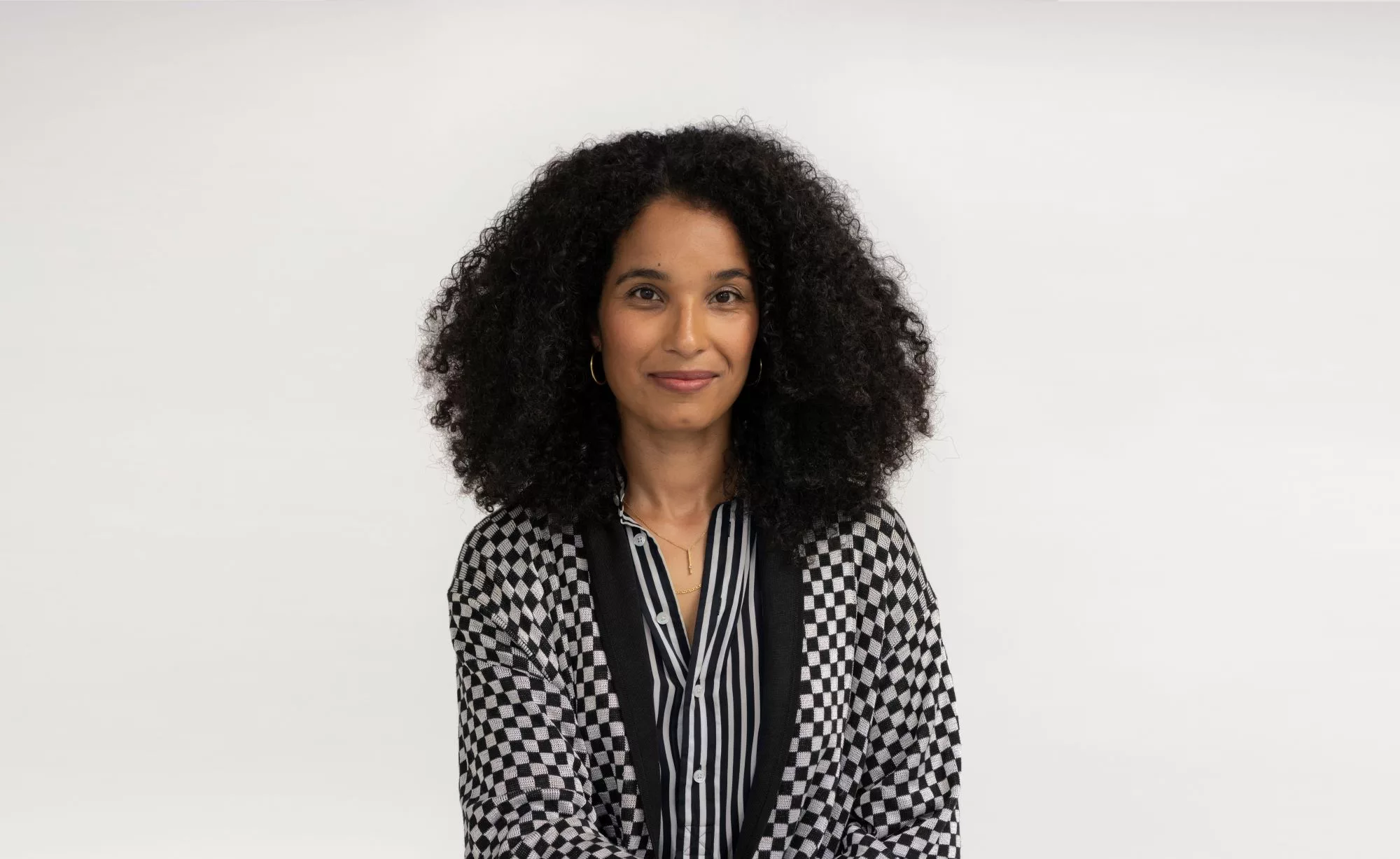
Another imbalance is geographical: The UK’s arts infrastructure, from art schools to public institutions, is highly concentrated in London; a prohibitively expensive city for many. Its compensations aside, for many cultural workers, living and working in the capital is a matter of necessity, rather than choice. Furthermore, replete with dealers and auction houses, the city’s arts landscape is heavily influenced by commercial interests. Speaking to Charlotte Jansen for Elephant in 2019, Kettle’s Yard director Andrew Nairne pointed out that institutions outside of London have the added benefit of operating “without the distraction and distorting lens of the art market”.
This fellowship pushes the focus outwards, hopefully laying the foundation for a better balanced museum world in the future. This is very much by design, Langret commenting that “moving beyond London helps to decentralise the art world’s focus, highlighting the vibrant artistic communities and institutions that exist outside the traditional cultural hubs. The geographical expansion fosters greater inclusivity and representation, ensuring that the fellowship supports curators who are working in different contexts and regions.”
Applications for the fourth edition of the fellowship, in collaboration with The Whitworth and University of Manchester, alongside artist Ibrahim Mahama, close on the 21st of May. Langret’s advice for applicants? Lean in to your own uniquely situated perspective; “the art world is increasingly recognising the value of diverse voices, and your insights are crucial in shaping contemporary art narratives.”
Written by Phin Jennings
